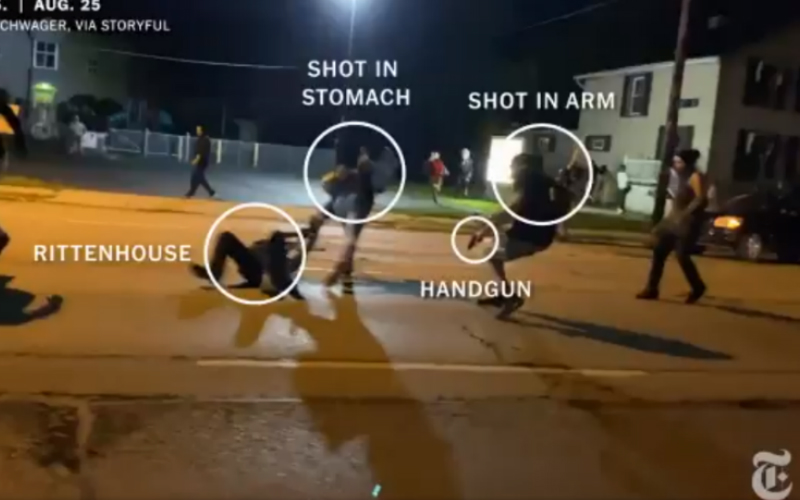One of the cases was filed by Job Creators Network Foundation on behalf of two student loan borrowers (see sidebar below). In that case, a federal judge in Texas blocked the program, saying the administration did not have the power to do such a plan. The other case, which will be heard first, was brought by a few state attorneys general.
|
Elaine Parker, president of Job Creators Network Foundation, says her organization feels "very strongly" about its argument. "What we'll be arguing is that the Biden administration does not have the authority under the HEROES Act to create this $400 billion loan forgiveness program," she explains. The Biden administration points to the HEROES Act, which was created in 2003, as giving the president the authority. Parker, however, argues otherwise. 
"The HEROES Act was created … to defer payments for our men and women who were fighting overseas after 9/11," says Parker. "And the lawmakers who actually passed that never foresaw a president taking unilateral action without any input from Congress or the American people through the notice-and-comment regulatory process when they're making new rules in developing this program." A group of federal legislators, including former Speaker John Boehner, filed an amicus brief in the case stating that, in no way, does the HEROES Act grant the executive branch this broad forgiveness power. Still, the Supreme Court is going to consider whether the challengers have standing in addition to whether Biden has the authority. Parker is confident they have standing. "The district court judge in Texas who ruled in our favor, obviously ruled that the program was illegal and that the administration did not have the authority, [that] this was executive overreach, and that of course we did have standing," says Parker. "So, we'll be taking that up again at the Supreme Court and we're hopeful that they will continue to agree with the lower-court judge." |
Late last year, the court denied the Biden administration's request to reinstate the plan while litigation continues but decided to fast-track the argument.
Talking about this on the "Washington Watch" radio program, constitutional expert Ken Klukowski of First Liberty Institute recently said Biden's action was "blatantly illegal." Whether the challengers have standing, however, is another issue.

"There are real challenges in the briefs at the Supreme Court as to whether these states and these private actors [are] being injured and can be claiming an injury here that is sufficient for Article III of the U.S. Constitution to give them the power to have been the plaintiffs in the trial court on this," Klukowski said. "If not, then the whole case is thrown out. But whether they reach the merits in this case or in a future case, I think there are entities that do have standing. We'll see if the court thinks these are two of them."
If these parties are found to not have standing, he pointed out that Congress does.
"I think that the U.S. House by majority resolution could authorize a member of the House to bring suit in the name of the House," said Klukowski. "This was a violation of the Constitution's Appropriations Clause, which says that no money shall be spent unless it's been appropriated by Congress."
Because Congress never appropriated this, then the legislature, specifically the House, could sue.
Under the plan announced by President Biden in August 2022, the Department of Education would provide up to $20,000 in debt cancellation to Pell Grant recipients with loans held by the Department of Education, and up to $10,000 in debt cancellation to non-Pell Grant recipients.
Borrowers would be eligible for this relief if their individual income is less than $125,000 ($250,000 for married couples). No high-income individual or high-income household – in the top 5% of incomes – would benefit from this action.
Sidebar added after story was originally posted.














